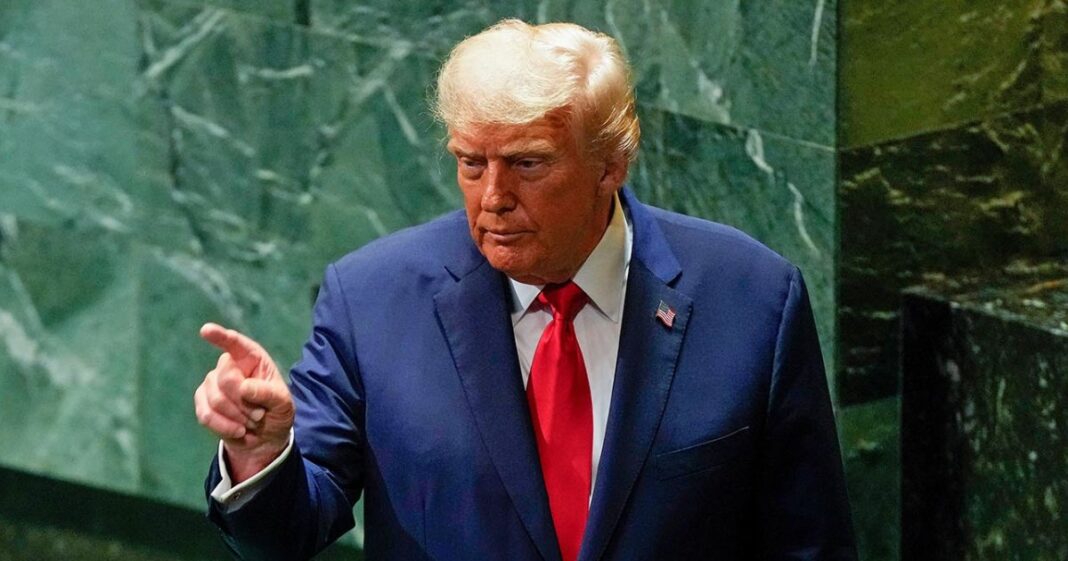The Push for Tariff Relief: A Closer Look at U.S.-China Soybean Trade Tensions
In the ongoing trade war between the United States and China, American soybean farmers find themselves in a precarious situation, caught in the crossfire of economic policy and international relations. Recently, the Chinese Ministry of Commerce emphasized the need for the U.S. to lift “unreasonable” tariffs, aiming to create a more favorable environment for bilateral trade. This statement comes amid growing concern from American farmers about the substantial financial fallout they face due to China’s suspension of U.S. soybean purchases.
The Impact of Tariffs on Soybean Trade
Soybeans represent a cornerstone of U.S. agricultural exports. As the largest global buyer, China has historically been the top market for American soybean farmers. However, this relationship has soured, with China imposing retaliatory tariffs as part of its broader strategy in the trade conflict. Since late May, U.S. soybeans have not been welcomed in Chinese markets, forcing buyers to turn to South American suppliers, notably Brazil and Argentina. This shift has significant consequences for American farmers, who are now losing billions in potential sales.
The Chinese Ministry of Commerce has branded these tariffs as “unreasonable,” urging the U.S. to reconsider its position. He Yadong, a spokesperson for the ministry, stated clearly that the U.S. should proactively dismantle these tariffs to pave the way for an increase in trade. This statement reflects a desire for stability and predictability in global economic development, which has been undermined by the ongoing trade tensions.
A Call to Action from U.S. Farmers
The urgency of the situation is palpable among U.S. soybean farmers. Caleb Ragland, president of the American Soybean Association, voiced the frustrations of farmers, insisting that securing a resolution with China must take precedence for the Trump administration. He articulated the overwhelming sense of desperation felt by farmers as they watch their markets evaporate. “U.S. farmers cannot wait and hope any longer,” Ragland remarked, encapsulating the anxiety surrounding the ongoing conflict.
In addition to seeking resolution, there’s a pressing need for timely intervention. American farmers are calling for immediate action to mitigate their losses before the economic repercussions become irreversible. The protracted negotiations and delays have left farmers anxious and uncertain about their futures.
Government Aid and Ongoing Challenges
In response to the turmoil faced by farmers, President Trump has proposed a complex plan. He suggested using revenue from the tariffs to support the agricultural sector, indicating that some help is on the way, albeit with few details provided. This proposed financial aid would aim to cushion the impact of the tariffs, which have left many farmers in dire straits. However, the vagueness of the plan raises questions about its effectiveness and timeline, leaving farmers in a precarious position.
The administration’s focus on aiding farmers affected by tariffs may become increasingly crucial. As geopolitical dynamics shift and new trade relationships form, American farmers may find their prospects dimming. The relationship between U.S. farmers and international markets is more volatile than ever, making swift government response essential.
The Bigger Picture: Trade Relations and Economic Stability
The broader implications of these trade tensions extend beyond just soybeans. A stable and robust bilateral trade relationship is critical for both nations’ economies. As China advocates for tariff relief, the message signals a desire for cooperation that could extend beyond agricultural products. For American farmers, resolving the soybean trade issue could become a linchpin for broader economic recovery in the agricultural sector.
Ultimately, the challenges faced by U.S. soybean farmers serve as a microcosm of the complexities inherent in international trade relations. As discussions continue, the focus remains on how to navigate these fraught waters to restore trade, enhance market stability, and ensure the livelihoods of those who toil in one of America’s fundamental industries.



